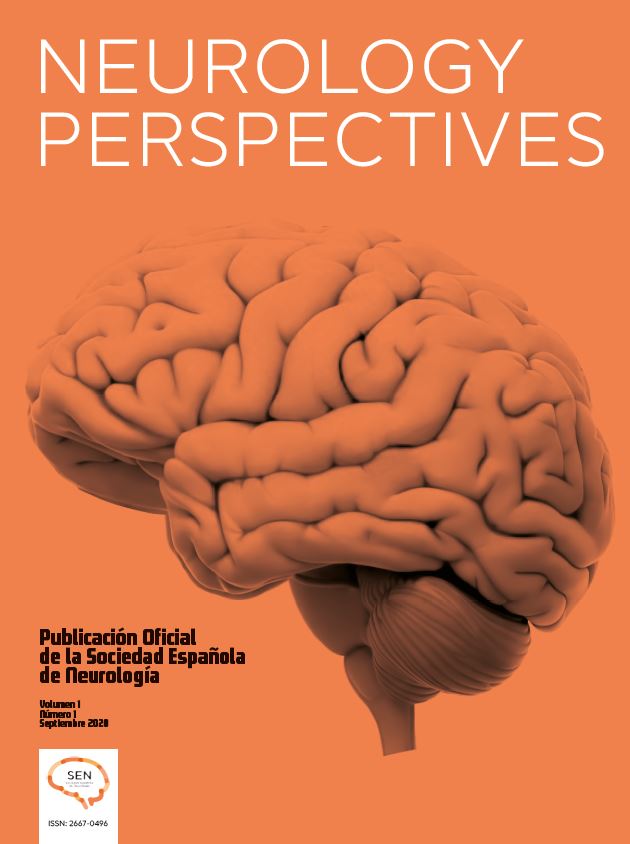Los antagonistas de la vitamina K (AVK) actualmente disponibles para la prevención del ictus en pacientes con fibrilación auricular tienen diversos inconvenientes, por su dificultad de manejo y riesgo de sangrado. Actualmente están en desarrollo diversos fármacos que serían posibles sustitutos de los AVK y que tienen grandes ventajas, siendo las principales la ausencia de necesidad de monitorización y las escasas interacciones farmacológicas y con los alimentos. Presentamos una revisión de los nuevos anticoagulantes orales que están en fases más avanzadas de investigación clínica, sus propiedades farmacológicas, ventajas y desventajas y los resultados en recientes ensayos clínicos.
The vitamin K antagonists (VKA) available for stroke prevention in patients with atrial fibrillation have many drawbacks due to their difficult clinical use and high risk of bleeding. Currently, several drugs are being developed as possible substitutes for VKA that have many advantages such as the lack of monitoring requirement and scarce pharmacologic and food interactions. The present article provides an update on the new oral anticoagulants that are in a more advanced stage of clinical research, their pharmacologic properties, advantages and disadvantages and their results in recent clinical trials.






